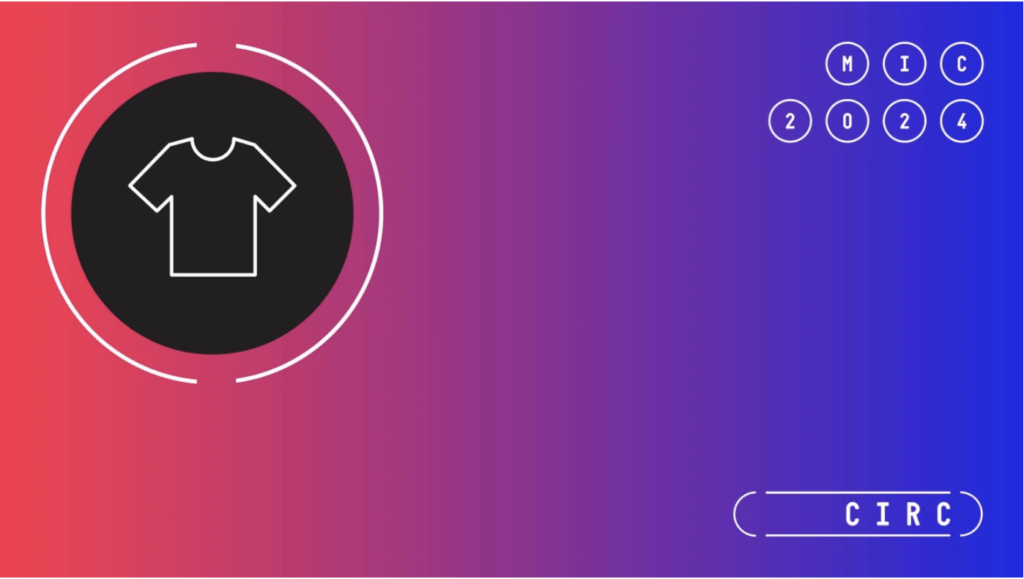This website uses cookies so that we can provide you with the best user experience possible. Cookie information is stored in your browser and performs functions such as recognising you when you return to our website and helping our team to understand which sections of the website you find most interesting and useful.
This company is turning the plastic in your old clothes into new fashion
Elizabeth Segran March 19, 2024
Circ’s pioneering technology makes it one of Fast Company’s Most Innovative Companies in fashion.

Only 8% of all textiles are recycled; the rest end up in landfills. Recycling textiles back into textiles, the way we recycle aluminum cans, has been an industry goal for decades. It would allow brands to stop extracting raw materials from the earth and, by extension, slash their carbon footprint.
Many startups are working on recycling technology, but 10-year-old Virginia-based Circ stands out for pioneering technology that can recover the original materials used in polycotton blended fabrics. These are the most common materials used in the fashion industry, and they normally takes two centuries to biodegrade. Circ can transform these fibers back into new fibers over and over again. This year, brands across the spectrum—from designer labels like Mara Hoffman to fast-fashion brands like Zara—collaborated with Circ to create collections using these regenerated fibers.
Circ is poised to scale quickly. This year, it landed $25 million in capital, bringing its total funding to $72 million (from backers that include Inditex and Patagonia’s VC fund), allowing it to build an industrial-size factory. Already, it recycles thousands of pounds of textile waste, but it will increase its capacity to 66,140 tons annually in the next three years. By 2030, it will quintuple this capacity to 330,700 tons, making it the biggest U.S. player in textile recycling.
Explore the full 2024 list of Fast Company’s Most Innovative Companies, 606 organizations that are reshaping industries and culture. We’ve selected the firms making the biggest impact across 58 categories, including advertising, artificial intelligence, design, sustainability, and more.


